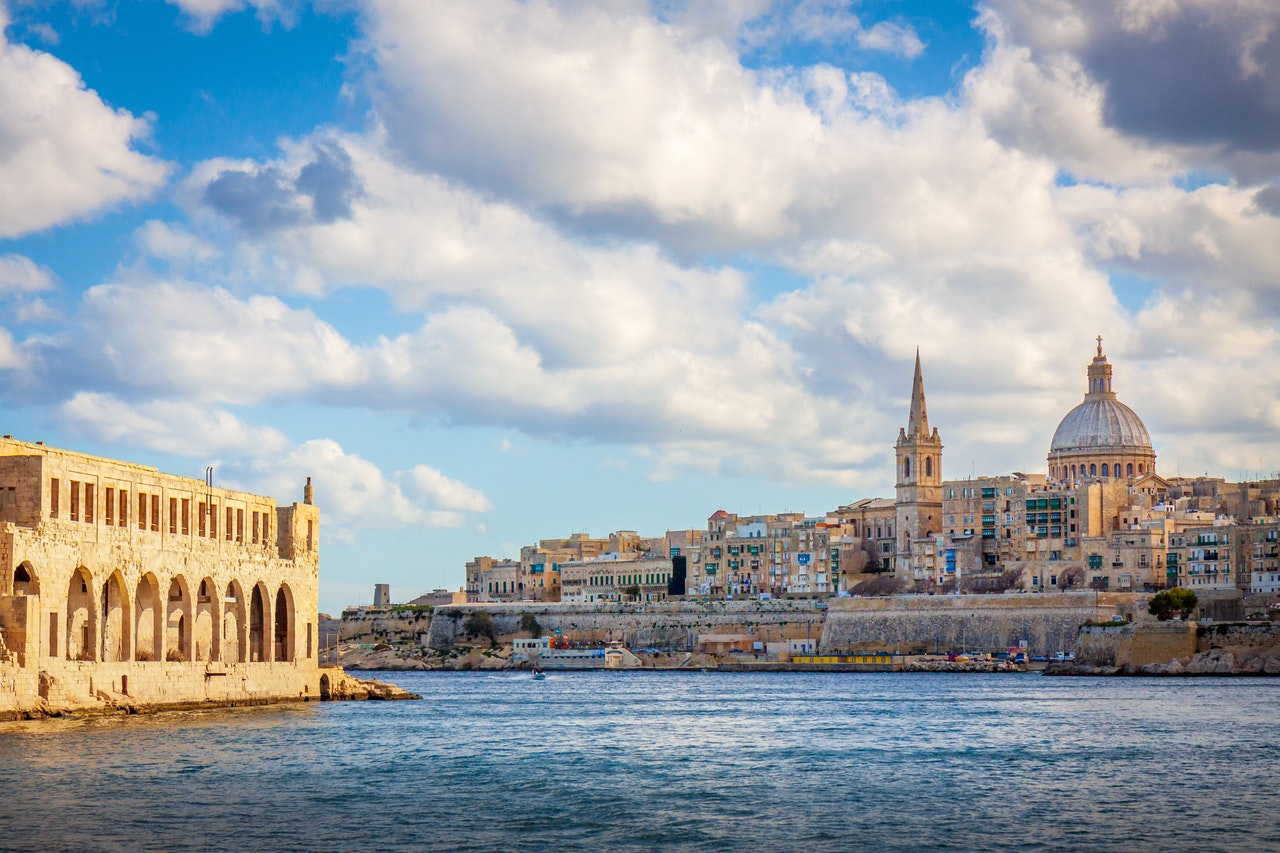Credit rating agency Fitch has confirmed its A+ rating for Malta, while maintaining its stable outlook for the country.
The agency revised its predictions for the Maltese economy’s growth rate for 2022 from 3.9 per cent to 6.1 per cent.
It also upgraded its forecasts for Malta’s public finances. While it previously said that it expected the deficit to hit 11.5 per cent this year, it is now predicting an 8.4 per cent deficit. On the other hand, Fitch expects the 2022 deficit to be larger than it previously anticipated (6.1 per cent versus 5.4 per cent).
Fitch noted that the FATF greylisting had “not yet materially impacted the Maltese economy,” with the caveat that this could change if the country were to remain on the list for an extended period of time.
Fitch upgraded its projections for 2021 GDP growth to 5.7 per cent, up from 4.7 per cent in its previous report. However, it noted that growth lagged at just 0.5 per cent in the second quarter of this year, as private and public consumption, as well as net exports, decreased slightly, more than offsetting a strong increase in investment. Growth is then expected to ramp up to 6.1 per cent in 2022, fueled by the growth in consumer demand, and the continued recovery of the tourism sector.
Fitch observed that Malta’s high vaccination rate had allowed authorities to ease measures and restrictions.
It upgraded its forecasts for Malta’s public finances, on the back of what it said was “better than anticipated revenue performance”. While it previously said that it expected the deficit to hit 11.5 per cent this year, it is now forecasting an 8.4 per cent deficit. On the other hand, Fitch expects the 2022 deficit to be larger than it previously anticipated (6.1 per cent versus 5.4 per cent).
The credit rating agency expects the government will partly make use of a 1.4-per-cent-of-GDP let-out authorised in the budget “to deal with the pressure from higher energy prices”. Debt levels remain manageable, it indicated. Public debt is projected to peak in 2023 at 61 per cent of GDP – slightly higher than the 59 per cent ‘A’-rated median, but well below the 2011 peak of 70 per cent. This, Fitch said, illustrated “Malta’s fiscal prudence in pre-pandemic years of strong growth”.
According to the report, Malta’s economy could be negatively impacted by the OECD deal on a global minimum corporate tax rate, and any EU move to put a stop to Malta’s golden passport scheme.
Despite the largely positive view on Malta’s economy, the credit ratings agency last week warned that it could downgrade its classification for Bank of Valletta, Malta’s most important bank after the organisation revised its own criteria.
Unpacking Malta’s new American-style bankruptcy framework
The EU is reforming its insolvency rules to adopt some of the most beneficial elements of the US framework
More than half of all workplace deaths in last two years involved construction
No women died on the job in 2022 and 2023
Government shells out close to €70 million to national bus operator Malta Public Transport in 2023
Buses became free for residents in late 2022, leading to a hefty increase in the public subsidy






